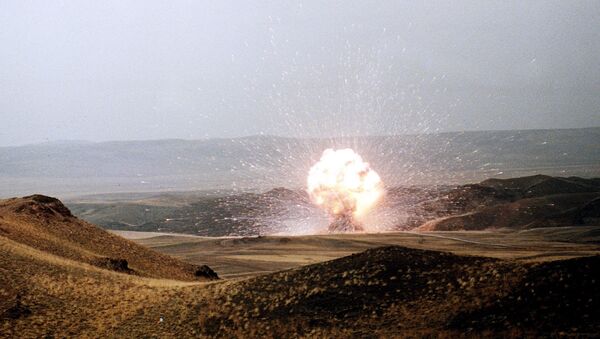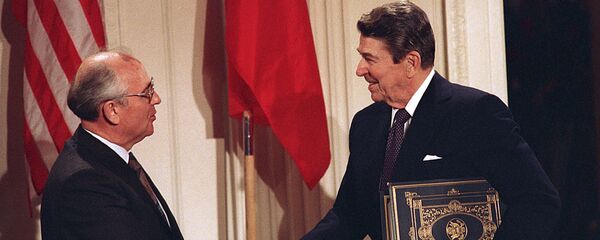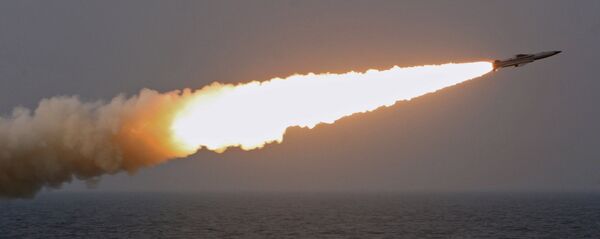"Congress must now pass the Prevention of Arms Race Act", Van Hollen said via Twitter post on Friday. Van Hollen and nine other senators formally introduced the Prevention of Arms Race Act to Congress late on Thursday.
The bill would make it more difficult for the Trump administration to obtain funds for the procurement, fight-testing or deployment of any ground-launched or ballistic missiles, according to the text of the legislation.
To obtain any such funds, the Trump administration would first have to meet a string of strict requirements, including submitting a report to Congress on its diplomatic efforts to bring Russia back into compliance with the INF Treaty.
READ MORE: Post-INF US Missiles May Be Deployed Against China — Russian Ex-Gen Staff Head
The administration would also have to give Congress a memorandum of understanding from a NATO or Indo-Pacific ally that commits to hosting any such missile on its own territory.
Earlier on Friday, US Secretary of State Michael Pompeo announced that the United States would suspend its obligations under the INF Treaty on 2 February and begin the six-month withdrawal process unless Russia "comes back into compliance" with the bilateral agreement.
The INF Treaty, signed by the United States and Soviet Union in 1987, bans all ground-launched ballistic missiles with ranges 310 and 3,400 miles. The United States has repeatedly claimed that Russia's 9M729 missile violated the terms of the INF treaty, allegations repeatedly denied by Moscow. Russia, for its part, has organized a special briefing on the disputed missile of 9M729 ballistic system for foreign military attaches.
READ MORE: Trump Hopes to Negotiate 'Much Better' Deal Than INF Suspended by US
According to the Russian Defense Ministry, military attaches and representatives of CSTO, BRICS, EU and NATO military-diplomatic corps, as well as some other European and Asian countries were invited to the briefing. However, US, UK, French and German, as well as EU and NATO representatives, did not attend the briefing.
READ MORE: Moscow: Russian Hypersonic Weapons Eliminate Threat From US Exit From INF Treaty
The INF Treaty was signed by the Soviet Union and the US in 1987, and provides for the elimination of all nuclear-armed ground-launched ballistic and cruise missiles that operate at ranges of between 500 and 5,500 kilometres.






